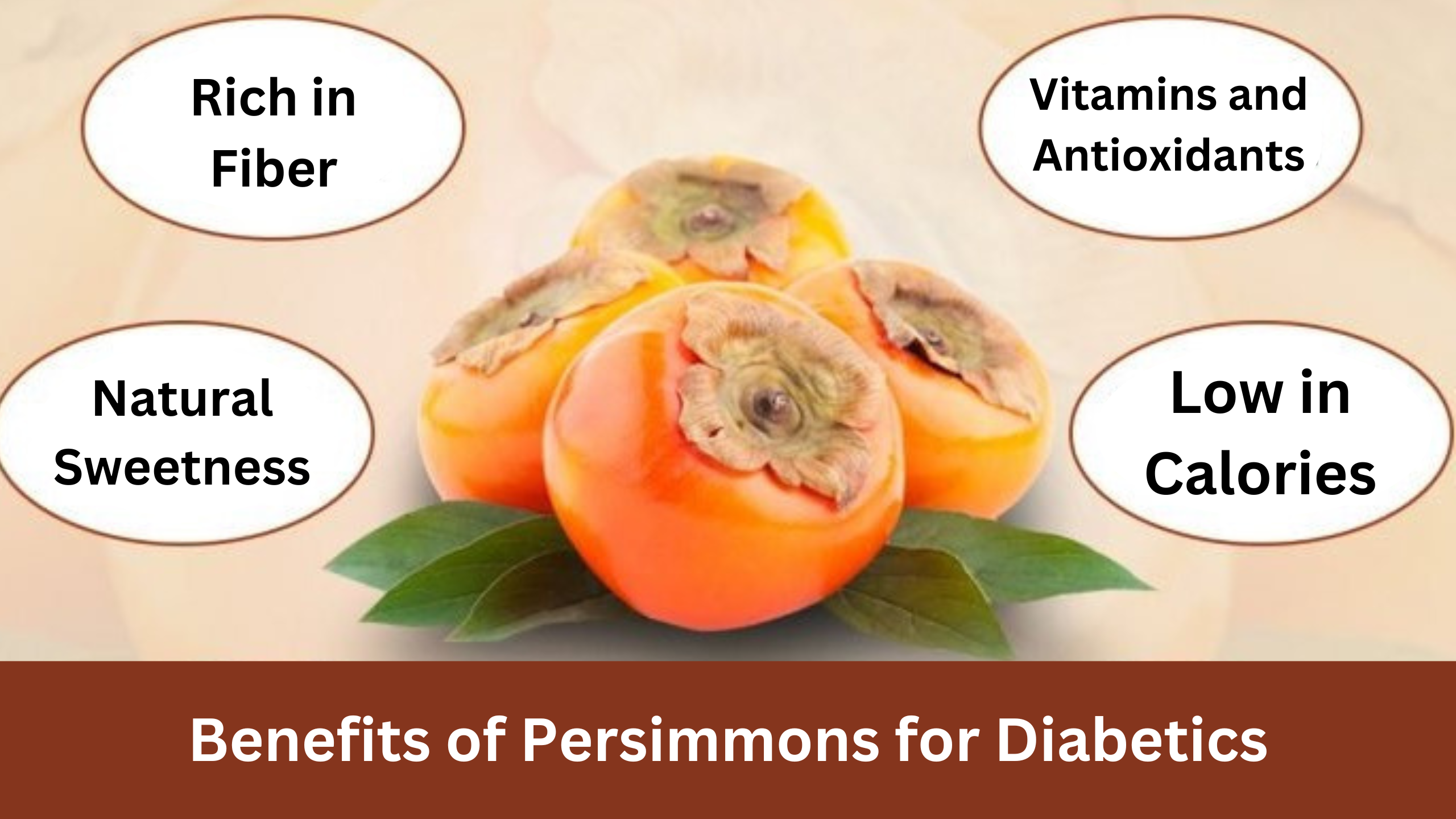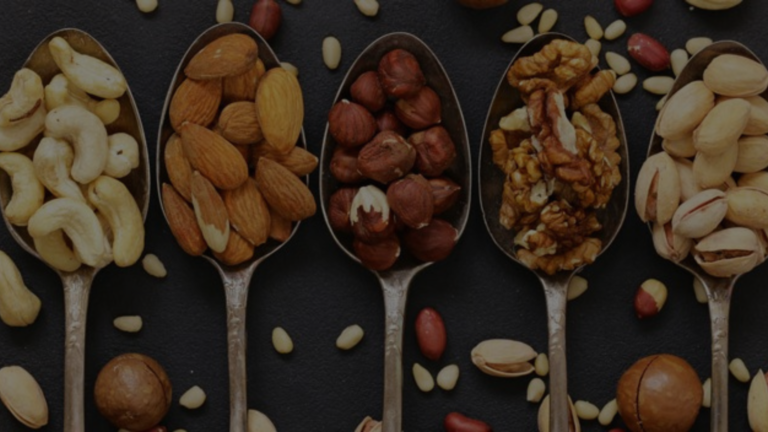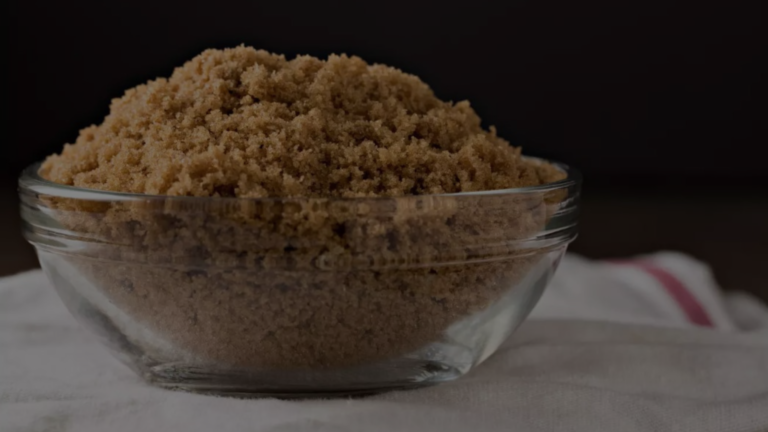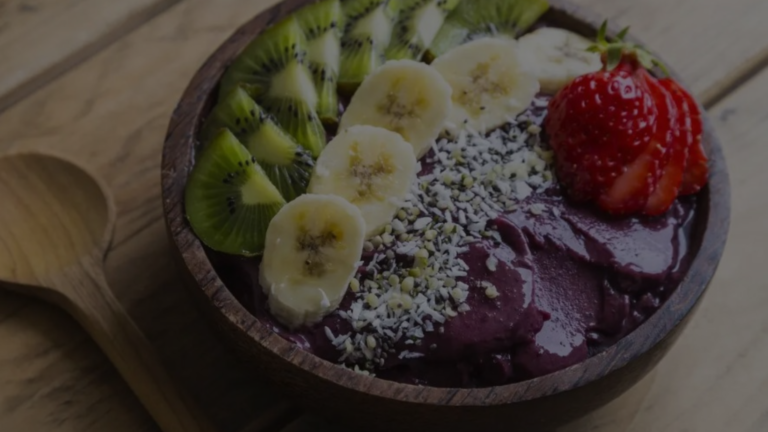Can Diabetics Eat Persimmons?
Are you a diabetes warrior wondering if you can indulge in the sweet delight of persimmons? Can diabetics eat persimmons? If you’re navigating the world of diabetes and dietary choices, you’ve come to the right place. We’ll explore the relationship between diabetics and persimmons, shedding light on the benefits and potential risks of adding this fruit to your diet.

What Are Persimmons?
Before knowing that diabetics can eat dates, let’s know about this sweet and nutritious fruit. Persimmons are a tropical delicacy known for their vibrant orange color and delicious flavor. They come in two main types: Fuyo and Hachiya.
Fuyu Persimmons
Fuyu persimmons are the most enjoyable variety. These are small, tomato-shaped fruits that are crisp and sweet when ripe. Unlike hachiya persimmons, fuzes can be eaten like apples without waiting for them to soften.

Hachiya Persimmons
Hachiya persimmons are large and acorn-shaped. They are known for their hardness and must be fully cooked before use. Raw chickpeas can be quite bitter and chalky.
Now that we’ve introduced persimmons, let’s address an important question for diabetics.
Can Diabetics Eat Persimmons?
Yes, diabetics can eat persimmons, but moderation is key. Persimmons offer a range of health benefits and can be part of a balanced diet for individuals with diabetes. However, there are some factors to consider.
The Benefits of Persimmons for Diabetics

- Rich in Fiber: Persimmons are a great source of dietary fiber, which is beneficial for managing blood sugar levels. Fiber slows down the digestion and absorption of sugars, preventing rapid spikes in blood glucose.
- Vitamins and Antioxidants: These fruits are packed with essential vitamins and antioxidants, including vitamin A, vitamin C, and beta-carotene. These nutrients play a role in overall health and immune support.
- Low in Calories: Persimmons are a low-calorie option, making them a suitable choice for those looking to manage their weight alongside diabetes.
- Natural Sweetness: Despite their natural sweetness, persimmons have a lower glycemic index than many other fruits. This means they have a milder impact on blood sugar levels.
The Risks of Consuming Persimmons for Diabetics
While persimmons can be included in a diabetic diet, there are some potential risks to be aware of:
- Carbohydrate Content: Persimmons contain carbohydrates, which can affect blood sugar. It’s crucial to monitor portion sizes and the overall carbohydrate intake for the day.
- Astringency: Hachiya persimmons, when not fully ripe, are highly astringent and can be unpleasant to consume. If you choose Hachiya persimmons, ensure they are fully ripe to avoid any discomfort.
- Individual Variation: Remember that individual responses to fruits and their impact on blood sugar levels may vary. Regular monitoring and consultation with a healthcare provider are essential.
Tips for Including Persimmons in a Diabetic Diet
If you’re eager to include persimmons in your diet as a diabetic, follow these tips to make the most of this delightful fruit while managing your blood sugar effectively:
Portion Control
Enjoy persimmons in moderation. Keep track of your carbohydrate intake and stick to recommended serving sizes to prevent drastic spikes in blood sugar.

Choose Fuyu Persimmons
Fuyu persimmons are a more convenient choice for diabetics. You can eat them when they’re still crisp, making it easier to manage portion sizes.
Monitor Blood Sugar
Regularly check your blood sugar levels to understand how persimmons affect your body. This data will help you adjust your diet as needed.
Pair with Protein or Healthy Fats
Combine persimmons with a source of protein or healthy fats to help stabilize blood sugar levels. For instance, enjoy them with a handful of nuts or yogurt.

Conclusion
When in moderation and with careful consideration of portion sizes, dates can be a pleasant addition to a diabetic diet. These sweet fruits offer many health benefits, including fiber and essential nutrients, making them a valuable treat for diabetics.
Remember, individual responses to persimmons can vary, so it’s important to monitor your blood sugar levels and consult your healthcare provider for personalized guidance.
Add this tropical goodness to your diet, and enjoy the flavors while keeping your diabetes under control.
Resources & References
Here are some reliable resources and references for further information on diabetes and persimmons:
- American Diabetes Association
- Mayo Clinic: Diabetes Diet – Create Your Healthy-Eating Plan
- U.S. National Library of Medicine: Dietary Fiber
- Wikipedia: Persimmon
Recommended Articles
Recommended Video
Persimmon in Diabetes Mellitus: Benefits and Harm
Explore this video to gain a deeper understanding of the relationship between persimmons and diabetes.
In this comprehensive guide, we have addressed the question of whether diabetics can eat dates. Remember, moderation and portion control are the keys to enjoying this sweet treat while effectively managing your diabetes. So go ahead, enjoy the flavors of dates, and take care of your health.
Disclaimer: The information provided in this article is for informational purposes only and should not be considered a substitute for professional medical advice. Please consult a healthcare provider or registered dietitian for personal guidance on your dietary choices as a diabetic.
FAQs – Can Diabetics Eat Persimmons
Can diabetics eat persimmons?
Yes, diabetics can eat persimmons in moderation. Persimmons are a good source of fiber and vitamins, but they also contain sugar. Diabetics should monitor their blood sugar levels after eating persimmons to make sure they are not too high.
How many persimmons can a diabetic eat?
Diabetics should eat no more than 1 persimmon per day. Persimmons are a high-sugar fruit, so it is important to limit your intake.
What are the benefits of persimmons for diabetics?
Persimmons are a good source of fiber, which can help to regulate blood sugar levels. They are also a good source of vitamins A and C, which are important for overall health.
What are the risks of persimmons for diabetics?
Persimmons are a high-sugar fruit, so they can raise blood sugar levels. Diabetics should monitor their blood sugar levels after eating persimmons to make sure they are not too high.
Are there any other fruits that diabetics should avoid?
Diabetics should avoid fruits that are high in sugar, such as grapes, mangoes, and pineapple. They should also avoid processed fruits, such as fruit juices and canned fruits.
What are the best fruits for diabetics to eat?
Diabetics should eat fruits that are low in sugar and high in fiber, such as berries, citrus fruits, and apples. They should also eat whole fruits instead of processed fruits.







